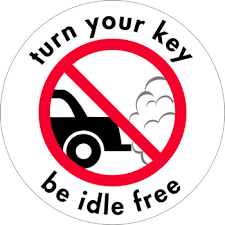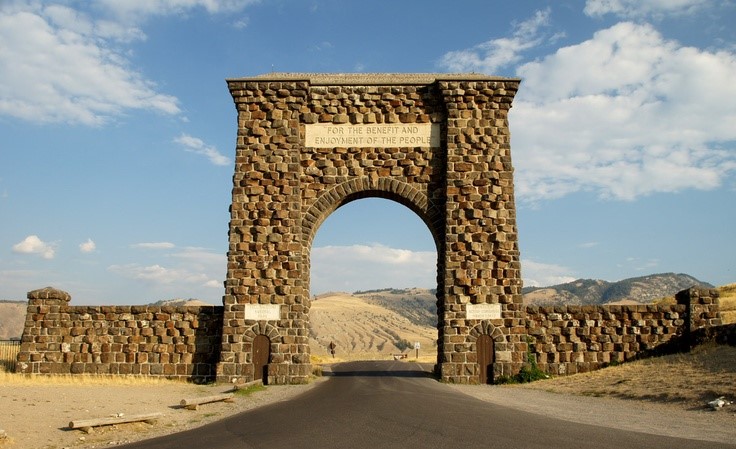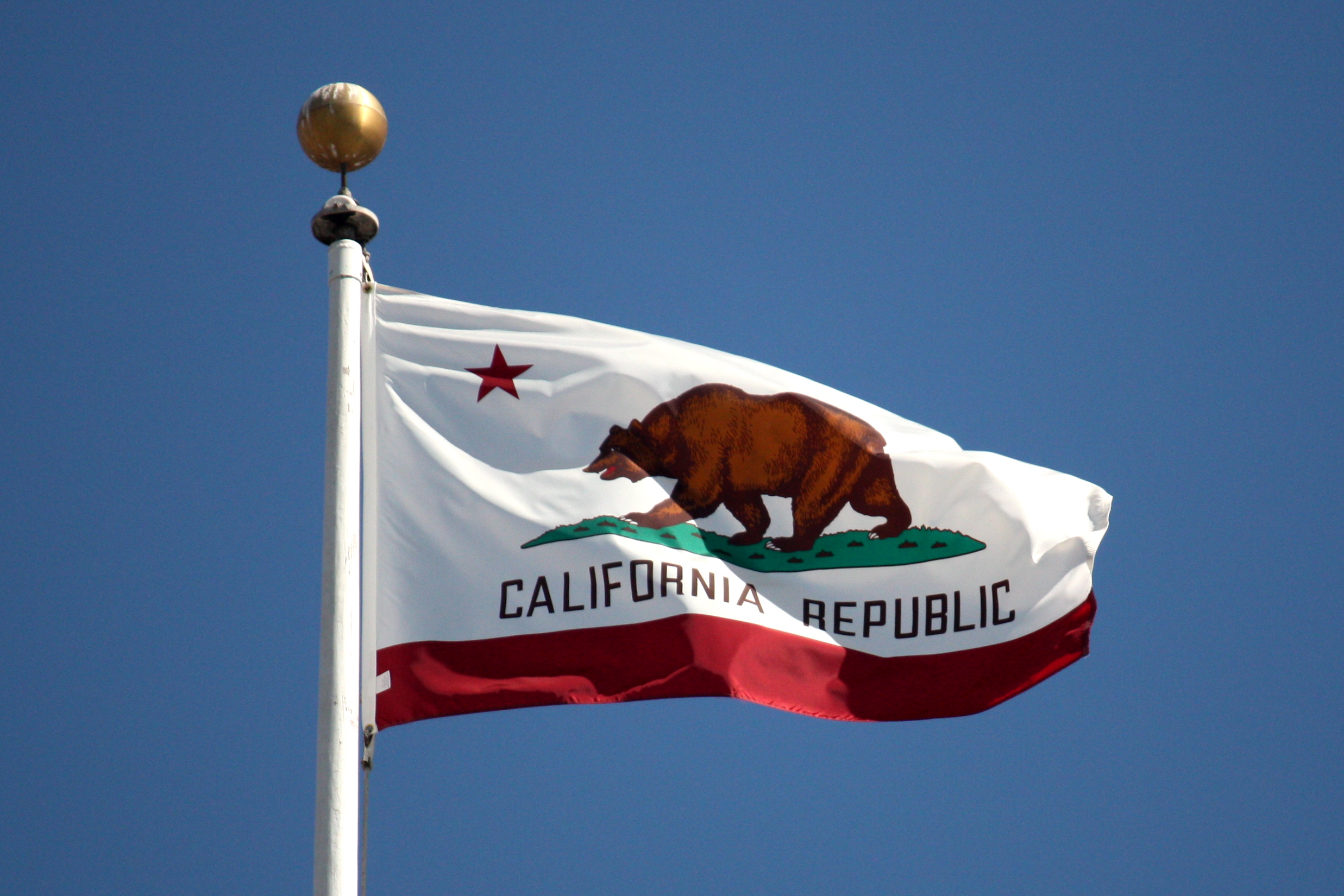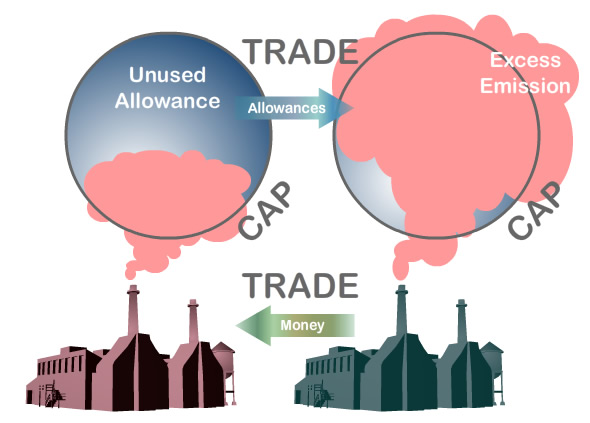Idling Cars, Dirty Air
The pollution isn't just indoors. It's also inside the car or bus.
Being stuck in traffic is even worse than you thought. A new study, reported in yesterday's NY Times, "pollution levels inside cars at red lights or in traffic jams are up to 40 percent higher than when traffic is moving." But things could be worse: you could be a kid on an older school bus. Here's a summary of some of the earlier research: "Air inside the big, yellow buses used to shuttle children to and from school can contain up to 8.5 times more diese...
CONTINUE READINGWhy Does Industry Always Attack New Rules?
It makes businesses look obstructionist and often gains them nothing. So why do they do it?
It seems like every time EPA makes a move, industry says it's another job-killing power grab by the government and files court challenges within about an hour of EPA's action. But why? The rule often survives judicial review, so industry spends millions on lawyers and gets nothing in return. It's true that industry does often win at least part of its challenge, and it sometimes gets a temporary stay that buys it time. But stays are rare in the D.C. Circuit, whe...
CONTINUE READINGAmerica’s Best Environmental and Economic Bargain
...and Other Concluding Thoughts About the National Park System
(This is the final installment in a series of posts celebrating the centennial anniversary of the National Park Service.) A wag once observed: It's hell getting old, but it beats the alternative. I can personally attest to the fact that it's not a lot of fun achieving senior citizen status. I can't run as far or as fast as I did in my prime, I no longer can get by on a week of 4-hour nights of sleep, etc. But, thanks to the largesse of the National Park Ser...
CONTINUE READINGCap and Trade’s Future in California, Redux
Litigation, AB 197 and Politics May All Have an Influence
Two days ago, I posed a series of questions about what AB 197 might mean for the future of cap and trade in California but never really answered the question of whether we're likely to see a continuation of the program going forward post-2020. Eric posted his view this afternoon that he is relatively pessimistic about its future in light of AB 197's passage. My view is more optimistic than his and I thought I'd describe why. First, though, here is some important ...
CONTINUE READINGThe future politics of cap-and-trade in California
It doesn't look so good for the oil and gas industry
As Ann and Ethan both noted, two major pieces of climate legislation were passed by the California legislature this week, and Governor Brown has promised to sign both bills. Overall, the legislation extends the state’s greenhouse gas reduction goals (which were originally to reach 1990 levels of emissions by 2020) out to a 40% reduction from 1990 levels by 2030. The companion piece of legislation (as Ann noted) imposes greater legislative oversight on the Californi...
CONTINUE READINGA(n Admittedly Subjective) List of America’s Very Best National Parks
(This is the fourth in a series of posts this week commemorating the 100th anniversary of the creation of the National Park Service.) I love lists. Whether it's a compilation of the year's top movies, the best restaurants in California (out-doing even the best restaurants in Bozeman where I grew up), or the best rock and roll artists of all time, count me in. I delight in making my own such lists, critiquing others', and debating the relative merits of each. W...
CONTINUE READINGThe Clinton Foundation and the Environment
There's a lot of talk about where the money comes from. But where does it go?
We hear a lot about the Clinton Foundation these days, but it's all about where the money comes from. That's outside the scope of this blog, but it made me curious about what they do with the money. In particular, I wondered what they did for the environment. Since the only thing I really knew about that is that they're not giving our Center any of the money, I thought I'd so some research. Based on what I could find from nonpartisan sources, the verdict seems quit...
CONTINUE READINGMajor Challenges Face the National Park Service in Its Next Century
Park Overcrowding, Crumbling Infrastructure, Changing Constituency Top the List
(This is the third in a series of posts this week commemorating the 100th anniversary of the creation of the National Park Service.) To be sure, the National Park Service has much to celebrate as it observes its 100th birthday. The Park Service oversees a stunning and diverse set of national parks, monuments, historic and cultural sites that are the envy of other nations and people around the world. But the Service confronts a wide array of challenges as it begin...
CONTINUE READINGDoes AB 197 Mean the End of Cap and Trade in California?
Language Directs the Air Resources Board to Prioritize Direct Emissions Reductions
As Ethan's post recounts, the California Assembly today passed AB 197, a bill linked to SB 32, which extends California's climate goals to 2030 and requires emissions reductions by that year of 40 percent below 1990 levels (see my post from yesterday describing the bills and how they are linked). The passage of the two bills is a huge victory for the Governor and will continue the state's global leadership on climate change. AB 197 does, however, have the potential...
CONTINUE READINGBREAKING NEWS: Final Hurdle For California’s 2030 Climate Bill Passes Assembly
Governor vows to sign AB 197, SB 32's "conjoined twin"
There was a bit of added drama to the passing of SB 32 yesterday in the California Assembly, as the passage was dependent on the state enacting AB 197. The Assembly debated AB 197 this morning, and it passed out of the natural resources committee with six votes in favor and one opposed. It then headed to the assembly floor where it just passed 44 votes in favor, 28 opposed. The governor has vowed to sign it. As Ann described last night, AB 197 restricts some of ...
CONTINUE READING










